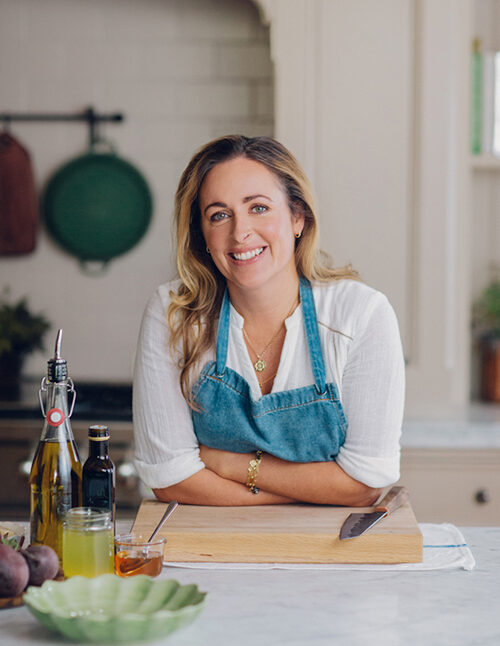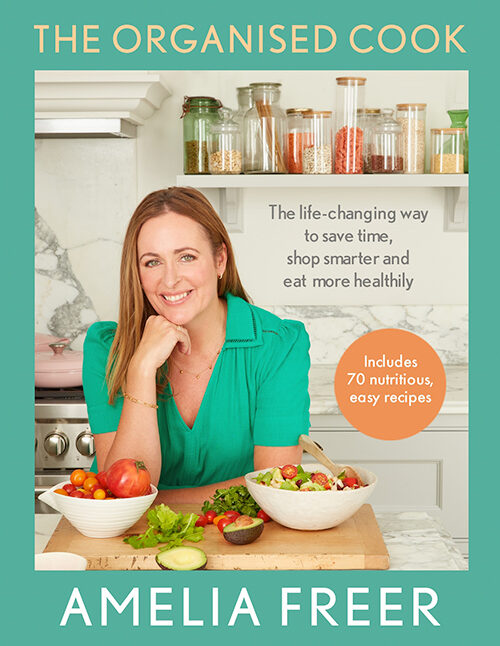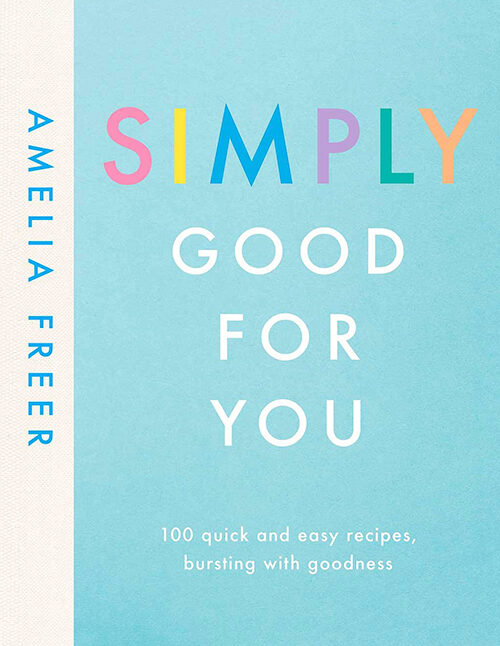Getting Started with Growing
Nov 2022
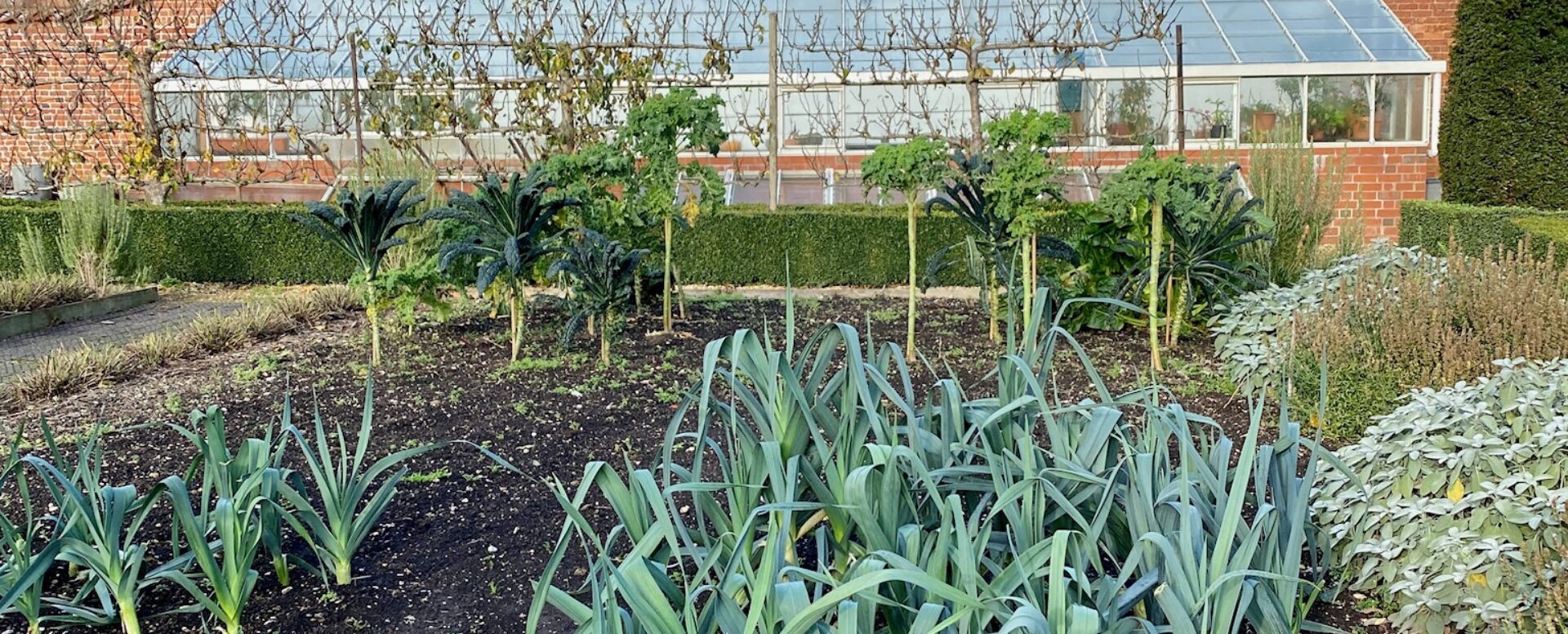
If you are new, or relatively new to growing-your-own flowers or food, then the prospect can seem a little daunting. It certainly was to me as I started out.
“What on earth should I be doing? Where do I begin? What if it all goes wrong?”
They’re all questions I asked myself. Therefore I totally understand if anyone else feels the same way. So to (hopefully) save a little anxiety on your behalf, I wanted to share one hard-earned and universal truth of gardeners everywhere.
It. Will. Go. Wrong.
Whether we’re tending to a single house plant or an acre of walled garden, there will be bumps on the garden path! Plants won’t germinate or progress. Pests will invade. We might indeed forget to water, or feed, or to sow, plant out or pick in time. We won’t be able to fit everything into our space, or we won’t have grown enough. We might not like what we’ve grown, or we’ll wish we’d grown far more. The list goes on.
However, despite all this possibility of failure, the best thing about gardening is that ultimately this really doesn’t matter. Whereas in so much of the rest of our lives, things ‘going wrong’ causes all manner of stresses and anxieties, we can firmly leave those negative feelings at the gate when it comes to growing. It is, afterall, just a plant. Yes, one we might well have got rather attached to. But there is always another chance, another year. And the greengrocers or supermarkets or a vegetable box or a local florist can usually make up for any crops that haven’t quite come to fruition.
Everyone who has ever gardened, even if that’s simply a lovely pot on a windowsill, has had successes and failures. Some of which we have no control over whatsoever. So the best place to begin growing is with an approach of open-mindedness and departure from perfectionism. Just giving it a go is more than good enough.
Having said all of that, there are (of course) a few simple strategies and tools that can really help, and a little learning can go a long way. Do take a look at the list of all-time favourite gardening books, which between them did a very good job of helping me understand the basics. Then simply diving in and giving it a go can take you on from there.
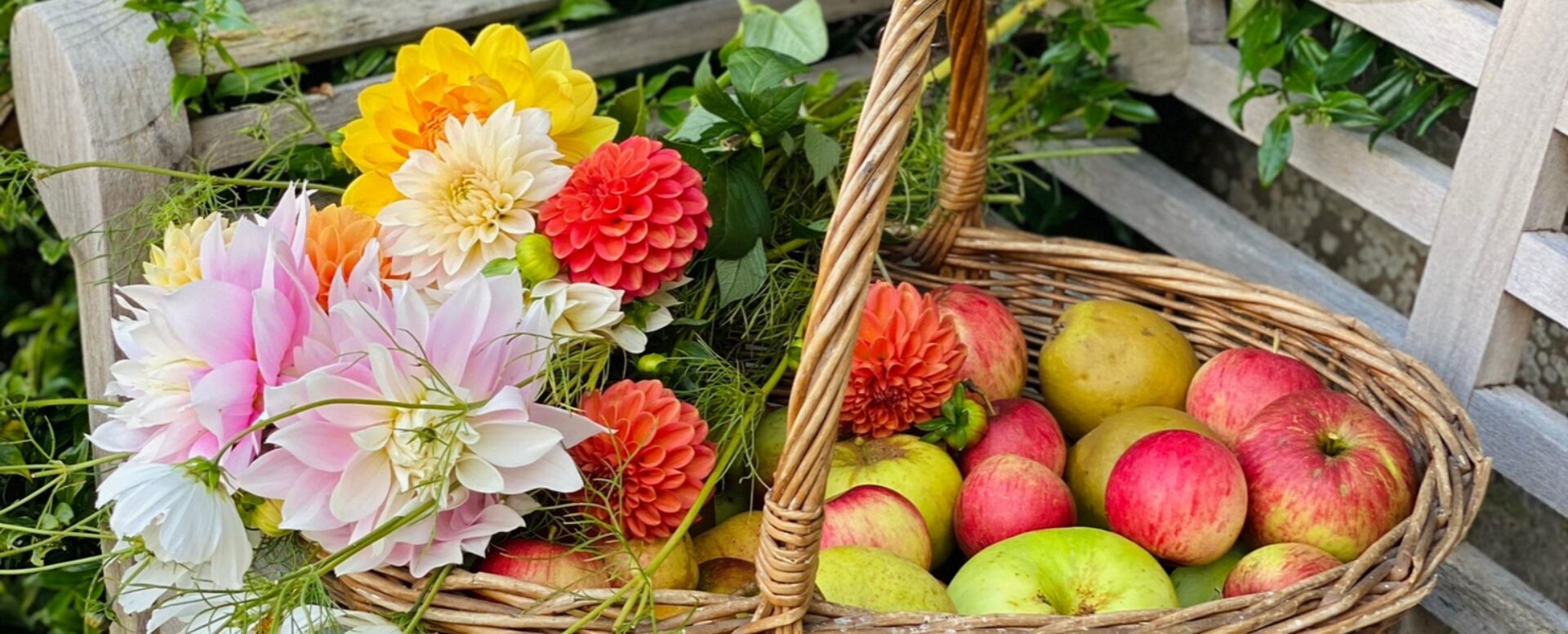
Why bother growing?
If I am being completely honest with you all, the main reasons I grow so much of our food at home are because firstly, I am incredibly lucky to have a gardener who helps enormously and keeps everything ticking over while I am busy with work and family life, and secondly, because I genuinely love it. Time in the garden is absolutely ‘me’ time. It is deeply relaxing, grounding and unwinding. I don’t see it as a chore.
But if it wasn’t such a positive experience, I don’t think I would find or prioritise the time and energy it takes. It is not, for most people, the most cost-effective way to get fruits and vegetables onto our tables, so the reasons why we should bother need to go beyond economics.
I think there are probably 4 key things to consider here. You may well have many more to add, but I think these are probably the most important ones for me.
ONE: The joy and satisfaction of gardening for gardening’s sake
Being in nature. Hearing the birds. Feeling the weather on my skin. Observing the seasons. Disconnecting from the digital world. Embracing the delayed gratification that comes from planting a bulb in October in the anticipation of a more colourful May. The endless hope and optimism that pervades a gardener’s mind (as without these things, we wouldn’t bother to sow or grow a thing!). It’s one of the best forms of therapy I’ve found and I struggle to go a week without it.
TWO: A wider variety of foods
What I grow at home is far more varied than what I tend to buy in the grocer or supermarkets. Many delicious fruits and vegetables don’t travel well, so simply never make it into commercial markets despite being delicious to eat and easy to grow. I’m thinking of fresh blackcurrants and gooseberries, damsons, quinces, heritage tomatoes, incredible squash, amazing punchy salad leaves of all sorts, even foraged wild blackberries. Not only does this add variety to our plates and palates, but also to our bodies, as the nutritional profiles of each different variety varies slightly, which is good for us and our microbiome.
THREE: Taste
Lots of fruits and vegetables taste utterly different when eaten super-fresh. Just-dug potatoes, corn-on-the-cob taken from plant to pan in under 15 minutes, sun-warmed strawberries, crispy salad leaves, the list goes on. It’s unbeatable in my opinion. Plus, there might even be some nutritional benefits to reducing the time from field to fork (and therefore potential degradation of certain nutrients) too.
FOUR: Connection to our food
Growing-our-own plugs me into food seasons like nothing else, and from there, I’ve found it becomes harder and harder to eat flown-in asparagus in November knowing that it will taste nothing like those precious first spears of spring, or to buy pale-looking strawberries in February knowing that we won’t have the truly sun-ripened and fragrantly sweet ones until June. I love that now each fruit or vegetable keeps a rightful place in my mental wheel of the gardening year, so I never seem to bore of anything and I eat so differently as each season waxes and wanes.
Connecting to food through growing has also hugely deepened my appreciation for the effort and resources that goes into growing the food we buy, which not only adds a sprinkling of gratitude into my meals, but absolutely reminds me to keep food waste to the absolute minimum. Wasted food is not only wasted money, but also wasted effort, time, sunshine, water, transport and nutrients.
This connection is perhaps even more important if we have little ones around, as understanding the miraculous growth of plants is not only a delight to observe, but helps to develop a deep respect for the natural world.
MORE TO EXPLORE
Please note that the information on this website is provided for general information only, it should not be treated as a substitute for the medical advice of your own doctor or any other health care professional providing personalised nutrition or lifestyle advice. If you have any concerns about your general health, you should contact your local health care provider.
This website uses some carefully selected affiliate links. If you buy through these links, we may earn an affiliate commission, at no additional cost to you. This helps to keep all of our online content free for everyone to access. Thank you.

